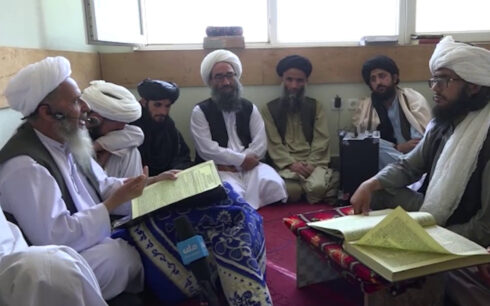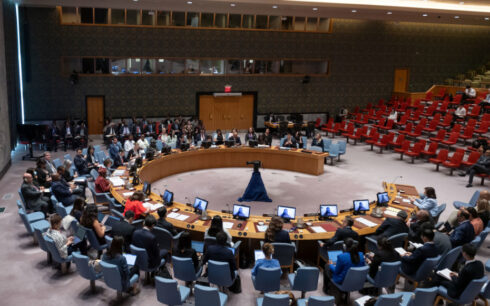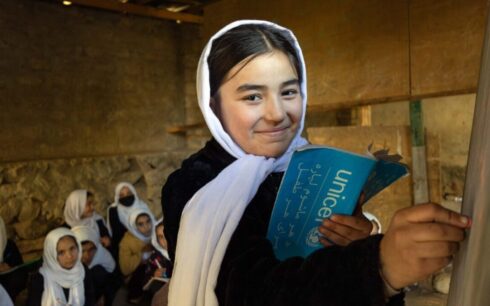The Afghanistan Journalists Center (AFJC) has documented that over the past two years, the Taliban has “systematically” issued 13 directives aimed at curtailing media freedom and limiting access to information in the country.
In observance of the International Day for Universal Access to Information, the AFJC released a statement on Thursday, highlighting the Taliban’s “disregard” for Afghanistan’s Access to Information Law.
According to the organization, Afghanistan has experienced a significant curtailment of media activities and an “unprecedented regression in the realm of access to information” during the past two years.
The directives issued by the Taliban, as outlined in the Afghanistan Journalists Center’s statement, encompass the following measures:
Prohibition of women’s employment in national radio and television; ban on media coverage of civil protests and demonstrations; imposition of restrictions on access to information and the dissemination of news and reports; compulsion on journalists and media outlets to depict the Taliban as the legitimate government of Afghanistan; prohibition of music publication in the media; bar on women’s participation in theatrical productions and entertainment programs; segregation of roles and presence of women and men in the media.
The directives also include refusal to facilitate interviews between women and men; restrictions on interviews with dissidents and critics of the Taliban; prohibition of the broadcast of international television programs in Afghanistan; imposition of restrictions on the publication of commercial advertisements containing political, security, and social content; encouragement of media self-censorship regarding criticism of Taliban officials; prohibition of filming and video interviews; ban on the broadcast of women’s voices in the media; and refusal to collaborate with media outlets based out of the country.
The Afghanistan Journalists Center underscores that the implementation of these directives has had severe repercussions on media organizations, both quantitatively and qualitatively.
It has led to significant limitations on access to information and self-censorship, the organization said.
In a recent move, according to the AFJC statement, the Taliban closed a local radio station, Radio Nasim, in the central province of Daikundi on Wednesday, Sept. 27, and detained three of its employees for at least five hours.
Figures by journalists’ rights organizations show that Afghanistan has witnessed 366 violations of journalists’ rights and media freedom, including instances of media personnel being killed, threats, detentions, and violent confrontations.
Taliban recently assigned a committee to address “media violations” but according to AFJC, the move in Daikundi has been made by Taliban’s intelligence, not the committee.





